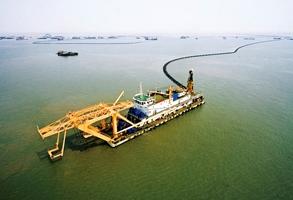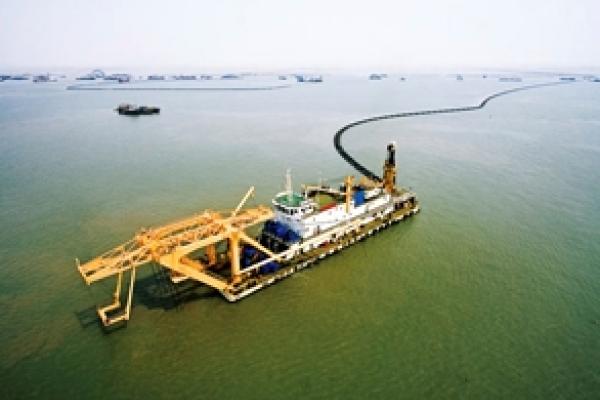
Steamship Mutual
Published: November 01, 2013

The case of Great Lakes Dock & Dredge Co. v Marquette Transp. Co, recently dealt with the important issue of when the time limit starts to run for the filing of a limitation action.
In the subject case, a dredge which was being towed by a Marquette Transport Company (“Marquette”) tug called the “Miss Katie” ran aground in the Brownsville Skip Channel. The dredge was owned by Great Lakes Dock & Dredge Company (“GLDD”) who gave notice to Marquette on 24th February 2011 of their intention to claim for both the physical damage to the dredge and for consequential losses. The notice to Marquette briefly outlined GLDD’s reasons for holding them liable and made reference to the cost of repair to the dredge in the sum of US$648,420. While a request was made for reimbursement of the repair costs it was made clear that the payment would only be an interim one for the purposes of assisting GLDD in mitigating their losses.
Following on from this, there were exchanges between the two companies which involved updates being given and requests from Marquette for GLDD to submit a final claim so that the matter could be resolved with finality.
These exchanges led to a meeting on 25th August 2011 between Marquette and GLDD, during which discussions were held with GLDD confirming that they expected their losses to be at least US$2 million. Subsequently, in December of that same year, GLDD revised this anticipated loss figure to US$4,725,080. In response to this, Marquette filed a limitation action for US$2,100,000 which is what they believed to be the value of the “Miss Katie” and her pending freight. GLDD then moved to have the limitation proceeding dismissed as untimely.
By way of some background, the Ship Owners’ Liability Act allows a vessel owner to limit its liability to the value of its vessel and pending freight. In the event of personal injury or death claims, the ship owner seeking limitation must provide additional funds up to US$420 per gross ton of the vessel if the initial fund is inadequate to pay such losses. However, there is a requirement on the ship owner that if they wish to rely upon this Act that they must file their limitation action within six months of written notice of a claim having been presented to them.
In the case under discussion, the Court analysed Fifth Circuit precedent and concluded that the clock for the six-month time limit only starts to run once the defendant has received written notice that there is a “reasonable probability” that the claim against them will exceed the value of the vessel. Where there is doubt as to the value of the claim in question, the burden lies with the defendant to make sure that any limitation action is filed in a timely manner. Doubts over the value of the claim being made will not be a defence in cases where a ship owner has failed to commence their limitation action punctually: the rationale being that such doubts in no way preclude a defendant from filing their petition.
Having adopted this stance, the Court concluded that the letter of 24th February 2011 had triggered the commencement of the six-month countdown for the filing of a limitation claim. The Court further expanded that because there was doubt over the total sum being claimed, Marquette could not be excused from satisfying the statutory time bar because they could have instituted a limitation proceeding even in the face of any uncertainty.
It should be noted that where no lawsuit is filed, but a defendant receives written notice of a claim in excess of the value of the vessel and chooses not to file his own limitation action, that the defendant can still assert limitation as an affirmative defence. This would be in response to the lawsuit which is ultimately filed, even if this is after the six-month time period for the filing of a limitation proceeding has expired.
However, the message to be taken from this case is that generally, ship owners who wish to rely upon the Ship Owners’ Liability Act should file their limitation action at the earliest available opportunity.


